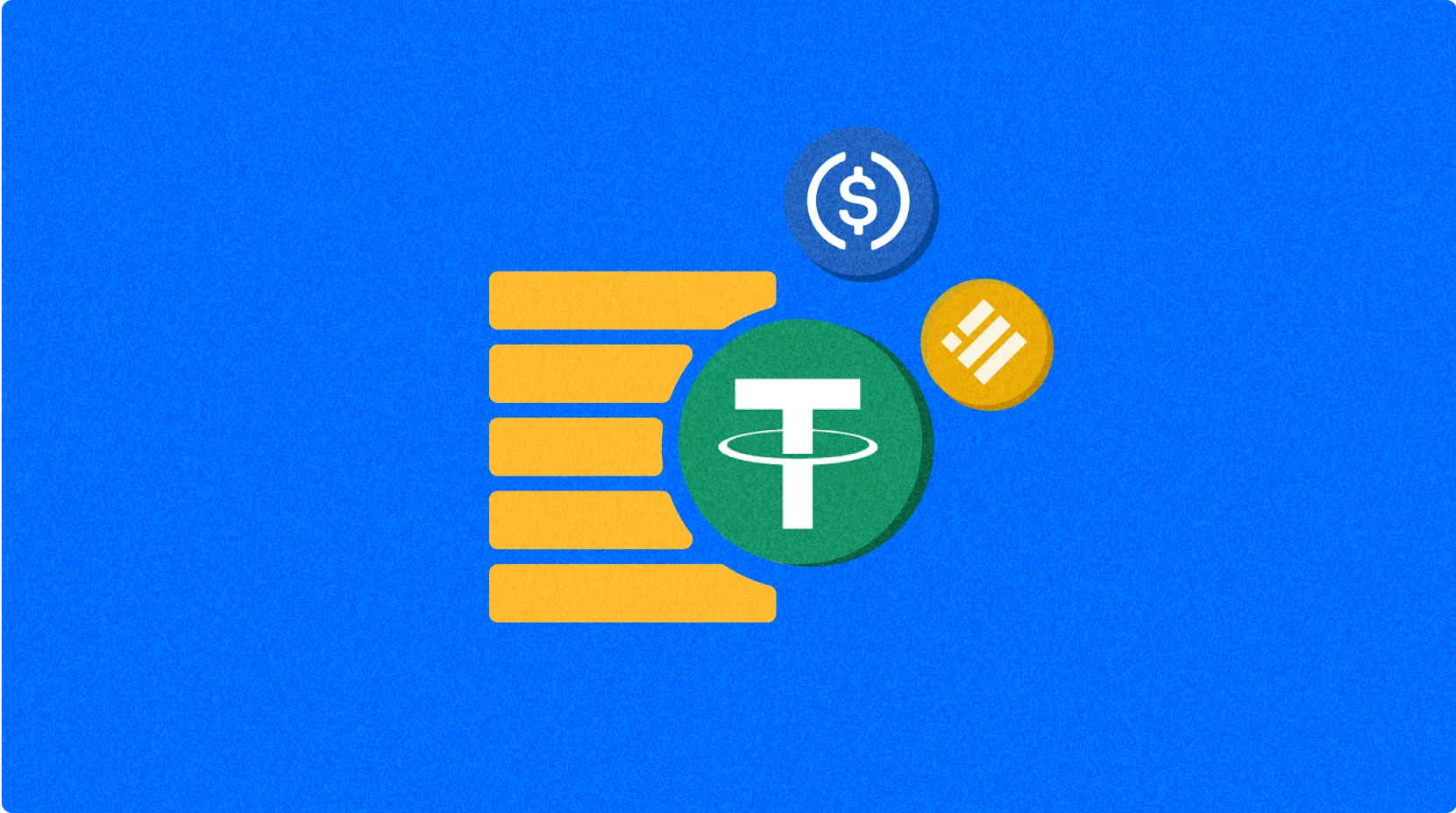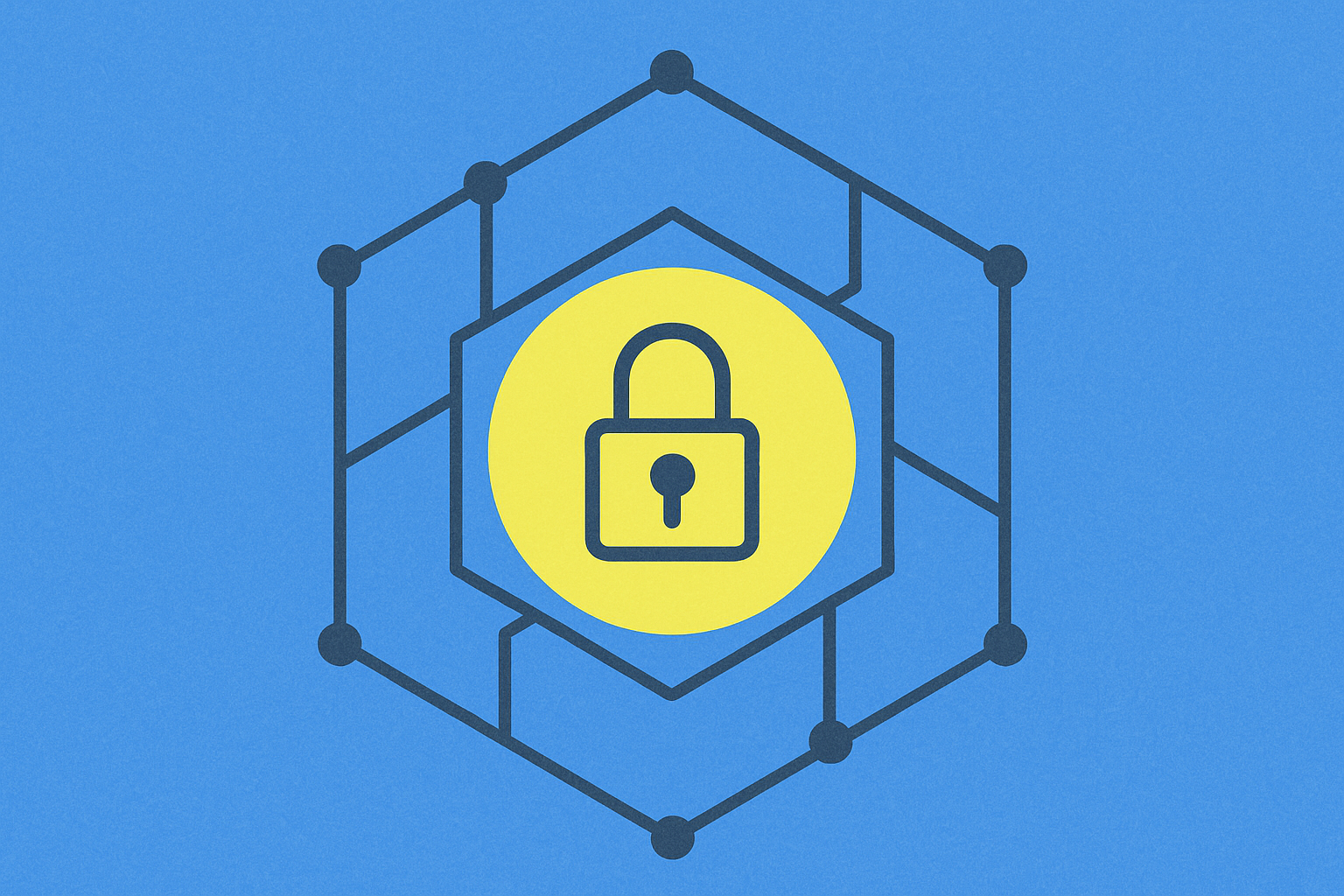ZK nedir? Kripto'da Sıfır Bilgi Kanıtları Açıklandı


Sıfır Bilgi Kanıtlarını Anlamak: ZK Teknolojisi Blockchain Gizliliğini Nasıl Devrim Yaratıyor
Sıfır bilgi kanıtları (ZKP'ler) blockchain alanında çığır açan bir teknoloji olarak ortaya çıkmıştır ve kripto para, dijital çağın en acil zorluklarından birine çözüm sunarak: şeffaflığı sağlarken gizliliği korumak. Temelinde, sıfır bilgi kanıtı, bir tarafın (kanıtlayıcı) başka bir tarafa (doğrulayıcı) bir ifadenin doğru olduğunu, ifadenin geçerliliğinden başka hiçbir bilgi ifşa etmeden kanıtlamasına olanak tanıyan bir kriptografik yöntemdir. İlk bakışta çelişkili gibi görünse de, bu kavramın blockchain ağlarındaki gizlilik ve güvenlik için geniş kapsamlı etkileri vardır.
Sıfır bilgi kanıtlarının arkasındaki temel ilke basit bir benzetme ile açıklanabilir: bir kasanın gizli kombinasyonunu bildiğinizi kanıtlamayı, kombinasyonu gerçekten ifşa etmeden hayal edin. Blok zinciri bağlamında, bu durum hassas verileri açığa çıkarmadan işlemleri doğrulamaya veya akıllı sözleşmeleri yürütmeye dönüşüyor. Bu yetenek, şeffaflığın iki ucu keskin bir kılıç olduğu, genellikle kullanıcı gizliliğini tehlikeye attığı bir ekosistemde özellikle önemlidir.
2025 itibarıyla, kripto paralarda sıfır bilgi teknolojisinin uygulanması önemli ölçüde evrildi. ZK-SNARK'lar (Sıfır Bilgi Özlü Etkileşimsiz Bilgi Kanıtları) ve ZK-STARK'lar (Sıfır Bilgi Ölçeklenebilir Şeffaf Bilgi Kanıtları) blok zinciri uygulamalarında en belirgin ZKP türleri haline geldi. Bu sofistike kriptografik araçlar, gizlilik koruyucu işlemler, gizli akıllı sözleşmeler ve ölçeklenebilir blok zinciri çözümleri sağlamaktadır. Sıfır bilgi kanıtlarının büyük blok zinciri platformlarında benimsenmesi, kripto paralarda geliştirilmiş gizlilik özelliklerine yol açtı. Örneğin, gizlilik odaklı coinler, işlem detaylarını gizlemek için ZKP'leri kullanırken blok zincirinin bütünlüğünü korumaya devam ederler. Bu gelişme, kripto alanındaki en önemli endişelerden birine yanıt veriyor: kamu defterlerinde işlemlerin izlenebilirliği. Sıfır bilgi teknolojisini uygulayarak, bu platformlar kullanıcılara, nakit işlemlerine benzer bir gizlilik seviyesi ile işlemler yapma imkanı sunarken, aynı zamanda blok zinciri teknolojisinin güvenliği ve değişmezliği ile de bunu sağlamaktadır.
ZK Rollups: Ethereum'u Güvenliği ve Gizliliği Korurken Ölçeklendirme
ZK rolluplar, Ethereum'un ölçeklenebilirlik zorluklarına umut verici bir çözüm olarak ortaya çıkmış olup, güvenlik veya merkeziyetsizlikten ödün vermeden işlem hacmini artırma imkanı sunmaktadır. Bir ZK rollup'ın temelinde, yüzlerce işlemi tek bir işlemde toplayan veya "roll up" eden bir katman 2 ölçeklenme çözümü bulunmaktadır; bu işlem daha sonra Ethereum ana ağı üzerinde doğrulanır ve kaydedilir.
ZK rolluplarının ana yeniliği, sıfır bilgi kanıtlarının kullanımında yatmaktadır. Bu kriptografik kanıtlar, rollup'ın tüm paketlenmiş işlemlerin doğruluğunu, her birini ana ağda ayrı ayrı işlemek zorunda kalmadan doğrulamasına olanak tanır. Bu yaklaşım, Ethereum ağı üzerindeki hesaplama yükünü önemli ölçüde azaltarak daha yüksek işlem hızları ve daha düşük ücretler sağlamaktadır.
ZK rollupların en etkileyici yönlerinden biri, işlem kapasitesini ölçeklendirirken Ethereum'un güvenlik garantilerini koruma yetenekleridir. Ekstra güven varsayımları getirebilecek bazı diğer ölçekleme çözümlerinin aksine, ZK rolluplar Ethereum ana ağının tam güvenliğini miras alır. Bunun nedeni, Ethereum ağına sunulan geçerlilik kanıtlarının kriptografik olarak yalnızca doğru durum geçişlerinin kabul edildiğini sağlamasıdır. ZK rollupların gizlilik faydaları da dikkate değerdir. Rollup kendisi işlem detaylarını işlese de, yalnızca geçerlilik kanıtının kriptografik bir kanıtı ana ağa sunulur. Bu, işlem verilerinin gizli kalabileceği, yalnızca doğruluk kanıtının kamuya açık olarak görülebileceği anlamına gelir. Bu özellik, ZK rollupları, merkeziyetsiz borsalar veya özel ödeme sistemleri gibi geliştirilmiş gizlilik gerektiren uygulamalar için özellikle çekici hale getirmiştir.
2025 itibarıyla, birkaç büyük proje ZK rollup'ları uygulamış olup, Ethereum'da önemli iyileşmelere yol açmıştır.işlem işleme yetenekleri. Örneğin, bazı Sıfır Bilgi Kanıtı rollup çözümleri, Ethereum'un temel katman kapasitesinden büyük bir artışla saniyede binlerce işlemi işleme yeteneğini göstermiştir. Bu ölçeklenebilirlik artışı, daha karmaşık ve kullanıcı dostu merkeziyetsiz uygulamaların geliştirilmesine olanak tanımış, blockchain teknolojisinin çeşitli sektörlerde benimsenmesini ilerletmiştir.
Gerçek Dünya Uygulamaları: ZK Teknolojisinin Modern Kripto Yeniliklerini Güçlendirmesi
Sıfır bilgi kanıtlarının blok zinciri teknolojisine entegrasyonu, basit finansal işlemlerin çok ötesinde geniş bir yenilikçi uygulama yelpazesinin yolunu açmıştır. 2025 yılı itibarıyla, ZK teknolojisi birçok sektöre girmiştir ve dijital alanda gizlilik, güvenlik ve ölçeklenebilirlik yaklaşımlarımızı devrim niteliğinde değiştirmiştir.
ZK teknolojisinin en önemli uygulamalarından biri, merkeziyetsiz finans alanındadır (DeFi). ZK destekli DeFi protokolleri, kullanıcıların hassas bilgileri ifşa etmeden karmaşık finansal işlemlere katılmalarını sağlamıştır. Örneğin, ZK kanıtlarını kullanan merkeziyetsiz borsalar, kullanıcıların hesap bakiyelerini ve ticaret faaliyetlerini gizli tutarak varlık ticareti yapmalarına olanak tanır. Bu düzeydeki gizlilik, kurumsal yatırımcıları DeFi alanına çekmekte önemli bir rol oynamıştır, zira bu, geleneksel finansal gizlilik standartlarıyla daha yakın bir uyum içerisindedir. Dijital kimlik yönetimi alanında, ZK kanıtları, bireylerin kendileri hakkında belirli özellikleri (örneğin yaş veya vatandaşlık) gereksiz kişisel bilgileri ifşa etmeden kanıtlamalarına olanak tanıyan kendi kendine yeterli kimlik sistemlerinin oluşturulmasını sağlamıştır. Bu, kripto endüstrisinde gizliliği koruyan KYC (Müşterini Tanı) süreçleri için önemli sonuçlar doğurmakta, düzenlemelere uyum sağlarken kullanıcı gizliliğine saygı göstermektedir.
ZK teknolojisinin bir diğer yenilikçi uygulaması, oylama sistemleri alanındadır. Sıfır Bilgi Kanıtı kullanan blok zinciri tabanlı oylama platformları, oyların bütünlüğünü ve gizliliğini sağlayabilir. Seçmenler, oylarının doğru bir şekilde sayıldığını doğrulayabilir, ancak kimin için oy verdiklerini açıklamazlar ve genel toplam, bireysel oyları ifşa etmeden doğrulanabilir. Bu teknoloji, şeffaflık ve güvenliği artırarak demokratik süreçleri devrim niteliğinde değiştirme potansiyeline sahiptir.
Oyun endüstrisi, kanıtlanabilir adil oyunlar yaratmak ve oyuncu gizliliğini artırmak için Sıfır Bilgi Kanıtları'ndan da yararlanmaya başladı. Çevrimiçi kumarhaneler ve bahis platformları, oyunlarının hileli olmadığını göstermek için Sıfır Bilgi Kanıtları kullanabilir, temel algoritmaları ifşa etmeden. Benzer şekilde, oyuncular, gerçek hesap bakiyelerini açıklamadan bahis koymak için yeterli fonları bulundurduğunu kanıtlayabilir.
ZK Uygulama Kılavuzu: Sıfır Bilgi Teknolojisine Başlarken
Sıfır Bilgi teknolojisinin uygulanmasıblockchainprojelerin, kriptografi prensiplerini sağlam bir şekilde anlamayı ve belirli kullanım senaryosunu dikkatlice değerlendirmeyi gerektirdiği. 2025 itibarıyla, ZK kanıtlarının blockchain uygulamalarına entegrasyonunu kolaylaştırmak için birkaç çerçeve ve kütüphane ortaya çıkmıştır ve bu teknoloji geliştiriciler için daha erişilebilir hale gelmiştir. ZK teknolojisini uygulamanın ilk adımı, sıfır bilgi kanıtlarının projenizde çözeceği problemi net bir şekilde tanımlamaktır. Bu, işlemlerde gizliliği artırmaktan, ölçeklenebilirliği geliştirmeye veya veri bütünlüğünü sağlamaya kadar geniş bir yelpazeyi kapsayabilir. Kullanım senaryosu belirlendikten sonra, geliştiriciler kanıt boyutu, doğrulama süresi ve kurulum gereksinimleri gibi faktörlere dayanarak uygun ZK protokolünü, örneğin zk-SNARKs veya zk-STARKs'ı seçebilirler.
ZK teknolojisine yeni olanlar için, mevcut kütüphaneler ve çerçevelerle başlamak önerilir. Popüler seçenekler arasında zk-SNARKs için libsnark ve STARK dostuKahirezk-STARKs için programlama dili. Bu araçlar, sıfır bilgi kanıtlarının üretilmesi ve doğrulanması sürecini basitleştiren yüksek seviyeli soyutlamalar sağlar.
ZK kanıtlarını bir blok zinciri bağlamında uygularken, sistemin on-chain ve off-chain bileşenlerini dikkate almak çok önemlidir. Genellikle, kanıt üretimi, sistem üzerindeki hesaplama yükünü en aza indirmek için off-chain'de gerçekleşir.blockchain, doğrulamanın zincir üzerinde gerçekleştiği sırada. Bu iş bölümü, ölçeklenebilirlik avantajlarının elde edilmesinde anahtardır.
Güvenlik hususları ZK teknolojisi ile çalışırken çok önemlidir. Geliştiricilerin, güvenilir kurulum sürecinin (gerekliyse) güvenli bir şekilde gerçekleştirildiğinden ve kullanılan kriptografik ilkelerin sağlam olduğundan emin olmaları gerekmektedir. ZK uygulamalarının düzenli denetimleri ve akran incelemeleri, sistemin bütünlüğünü korumak için esastır.
Sıfır bilgi kriptografisi alanı gelişmeye devam ederken, en son gelişmeler ve en iyi uygulamalar hakkında bilgi sahibi olmak son derece önemlidir. Forumlar, konferanslar ve işbirlikçi projeler aracılığıyla ZK topluluğuna katılmak, bu son teknoloji ürününü uygulayanlar için değerli bilgiler ve destek sağlayabilir.Gate, önde gelen bir kripto para borsası, ZK teknolojisinin potansiyelini tanımış ve çeşitli ZK destekli projelere ve token'lara destek sunmaktadır. Sıfır bilgi kanıtlarının blockchain uygulamalarında benimsenmesi devam ederken, Gate gibi platformlar, kullanıcılara bu yenilikçi teknolojilere ve bunları kullanan kripto paralara erişim sağlama konusunda kritik bir rol oynamaktadır.

Prove Kripto'nun Blok Zinciri Ölçeklenebilirliği için Sıfır Bilgi Kanıtlarını Nasıl Kullandığı

2025 Yılında En Başarılı Layer 2 Çözümleri: Detaylı Liste

2025 ZKPrice Tahmini: Blockchain Ölçeklenebilirlik Çözümlerinin Zero-Knowledge Pazar Değeri Üzerindeki Potansiyel Etkisi

ZRC nedir: Modern finansal sistemlerde Sıfır Rezerv Para Birimi kavramı

ZRC nedir: Blockchain ölçeklendirme çözümlerinde Zero-Knowledge Rollup konsensüsünü anlamak

SCR nedir: Emisyon kontrol sistemlerinde Selective Catalytic Reduction teknolojisinin işleyişi

Dropee Günlük Kombinasyonu 11 Aralık 2025

Tomarket Günlük Kombinasyonu 11 Aralık 2025

Merkeziyetsiz Finans'ta Geçici Kayıp Nedir?

Kripto Parada Çifte Harcama: Önleme Stratejileri

Kripto Ticaretinde Wyckoff Yönteminin Anlaşılması





